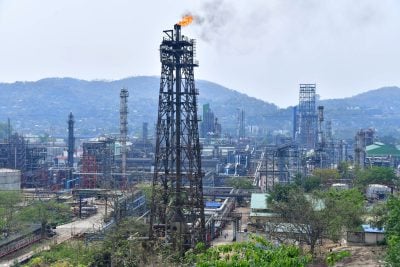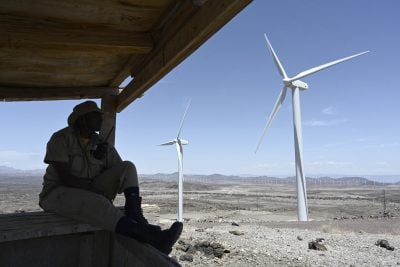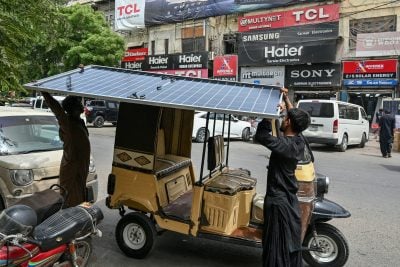Lagos State Government has announced that a new bridge is to be built between Lagos Island and the mainland.
The Fourth Mainland Bridge will have four lanes and will cost a projected $2.66bn, including the cost of access roads. The state government is to launch a competitive tender process, with the eventual contract issued under the build operate transfer (BOT) model, although the period of private sector operation has not yet been set.
The timetable for construction is still to be agreed, although the State Commissioner for Information and Strategy, Steve Ayorinde, has suggested that construction could begin before the end of this year. Some of the funding for the project has been allocated in this year’s Lagos State Government budget. The bridge will carry both passenger and cargo traffic.
An uncertain number of homes and other buildings, mainly in informal settlements, will have to be demolished and terms of compensation agreed with residents. This is often a controversial process on infrastructural projects, partly because it can be difficult to determine exactly who lives in informal settlements.
Estimates of the number of buildings affected have varied between 800 and 3,000. The state government argues that the current proposed route will minimise the number of building affected. The new road will connect Baiyeku, Langbasa and Lekki on the Lagoon estuaries to Itamaga in Ikorodu.
The Third Mainland Bridge was completed 25 years ago and plans for the Fourth Mainland Bridge were originally drawn up in 2003. Financing difficulties and concern over demolition and relocation procedures have held up development since then. Given that Nigeria is in the middle of its first recession for a quarter of a century and is suffering from low oil revenues, there are still likely to be difficulties in securing funding for the project.
Nevertheless, Lagos is one of the biggest and fastest growing cities in Africa, while economic development is held back by the lack of transport infrastructure, so the need for the bridge is becoming more pressing every year. Nigeria’s biggest city has some of the worst traffic congestion on the African continent and indeed in the world, although it is difficult to secure accurate data on the speed of road travel times.
The new bridge is designed to ease pressure on the three existing bridges between the island and the mainland: the Carter, Eko and Third Mainland bridges. At 38km, it will be the longest bridge ever built in Nigeria and one of the longest in the world.
Wider development
Although a huge scheme, the new bridge will be just one in a string of big road and bridge projects in the region. The Long Bridge on the Lagos-Ibadan Expressway is currently being expanded by Julius Berger Nigeria to provide more capacity.
Julius Berger secured the contract to upgrade the southern half of the expressway, while Reynolds Construction Company is working on the Ibadan end of the project. Julius Berger has also secured the contract to upgrade the Apapa-Marine Beach Bridge between March and the end of June.
The Federal Road Maintenance Agency has been carrying out repairs on the Third Mainland Bridge and associated feeder roads this year but it has been reported in Nigeria that work was halted for several weeks, reducing the number of lanes in use and adding to congestion. Apart from easing passenger transport around the city, the various road and bridge projects are designed to improve access to the Lagos ports, including Apapa.
Neil Ford
Want to continue reading? Subscribe today.
You've read all your free articles for this month! Subscribe now to enjoy full access to our content.
Digital Monthly
£8.00 / month
Receive full unlimited access to our articles, opinions, podcasts and more.
Digital Yearly
£70.00 / year
Our best value offer - save £26 and gain access to all of our digital content for an entire year!

 Sign in with Google
Sign in with Google 




